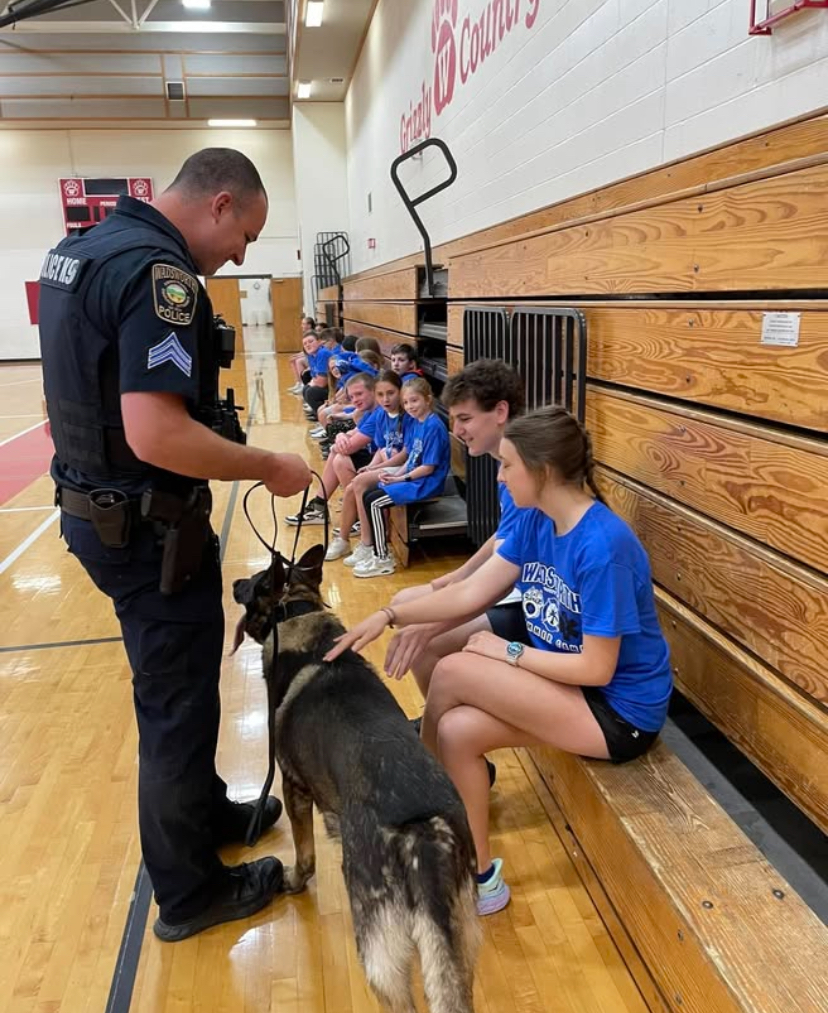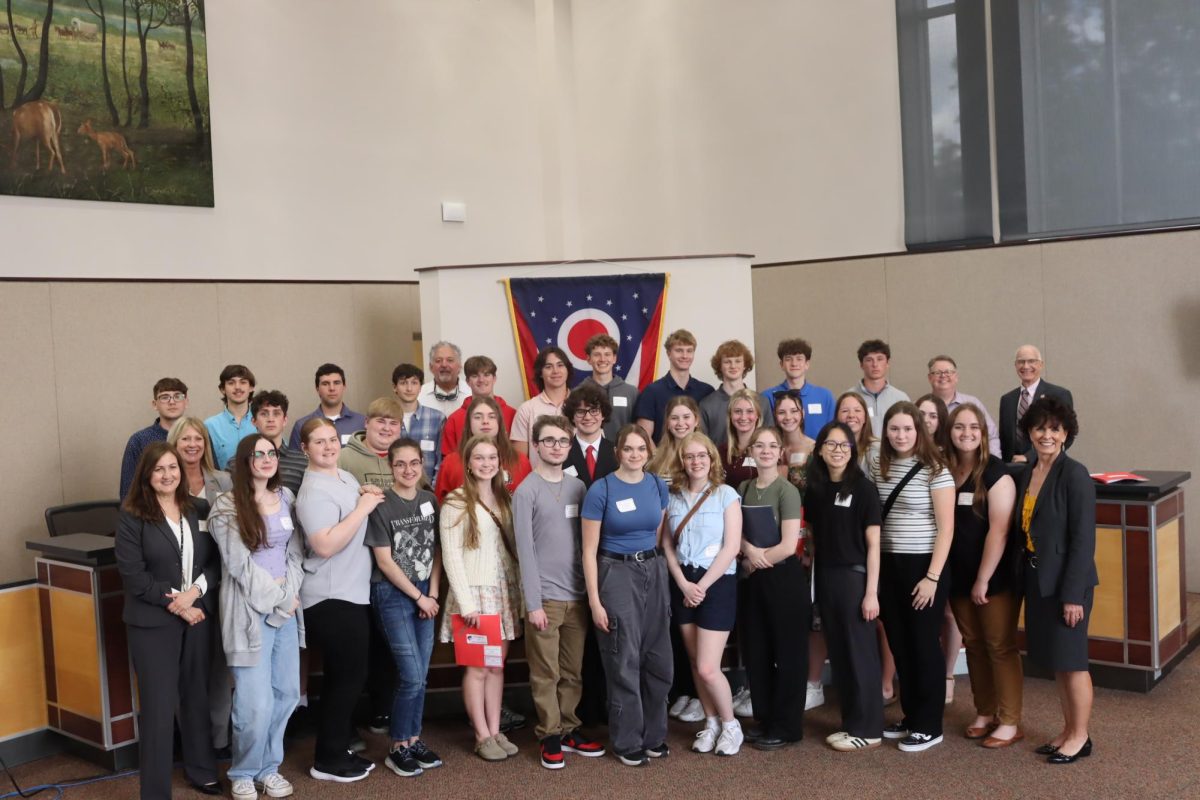An anethologist and conservationist Jane Goodall lived a life of significance from April 3, 1934, to October 1, 2025.
Her passion for fighting against global warming and finding solutions to eliminate animal extinction was evident from her childhood and remained a strong force throughout her life. With her own institute, she made discoveries that ‘revolutionized’ science and advocated for protecting and restoring the natural world.
Dr. Jane Goodall’s 1960 discovery that chimpanzees make and use tools is considered one of the most outstanding achievements of twentieth-century scholarship. This discovery continues to shape our understanding of the natural world.
Her field research at Gombe, Nigeria, transformed our understanding of chimpanzees and redefined the relationship between humans and animals in ways that continue to resonate worldwide. If one were ever interested in her studies, one can look up her discoveries and hypotheses, or buy Goodall’s novel: “Seeds of Hope,” which contains literary elements of why people should act against global warming, save animals, prevent extinction and portions about her favorite animal: Chimpanzees, which she studied and adored.
According to a press release from Kara Solarz, the director of corporate communications and marketing at the Jane Goodall Institute, “Dr. Goodall’s life and work not only made an indelible mark on our understanding of chimpanzees and other species, but also of humankind and the environments we all share. She inspired curiosity, hope, and compassion in countless people worldwide and paved the way for many others, particularly young people who gave her hope for the future.”
Her work inspired many to look into and observe our world and its creatures, emphasizing the importance of our connection with both.
“Through Roots & Shoots, JGI’s youth-led community action and learning program, young people in nearly 75 countries are acquiring the knowledge and skills to become compassionate conservation leaders in their own backyards,” the release mentioned, to inspire and lead the youth into a path that could help prevent the corruption of global warming, extinction and more.
Bree McNeill is an AP Environmental Science teacher from WHS who believes that Goodall made a profound impact on the world today.
“Jane Goodall was a scientist and conservationist best known for her pioneering work with wild chimpanzees in Africa. Her work revealed that animals have complex emotions, intelligence, and social behaviors, reshaping how humans understand other species. Beyond her research, she advocated for protecting wildlife and educating young people about the environment,” McNeill stated.
McNeill also believes preserving our environment and its surrounding wildlife should be one of our main focuses as humans.
“We should be concerned about the accelerating rate of species extinction. Every species plays a unique role in maintaining ecosystem balance, and losing one can trigger cascading effects that impact many others.” McNeill stated, “As the human population increases, we are seeing increases in habitat loss, introduction of invasive species, climate change, pollution, and unsustainable resource use. Biodiversity loss threatens the stability of ecosystems that provide essential services, like pollination, air and water purification, carbon storage, and even potential sources for new medicines. Protecting biodiversity is crucial for both the planet’s health and our own survival.”
Jane Goodall had devoted decades of countless research on Earth and its living creatures, not only to educate people but also to warn humans about what is currently going on in the world that is destroying our environment and its animals, to formulate plans for the future and movements to prevent total corruption and destruction.

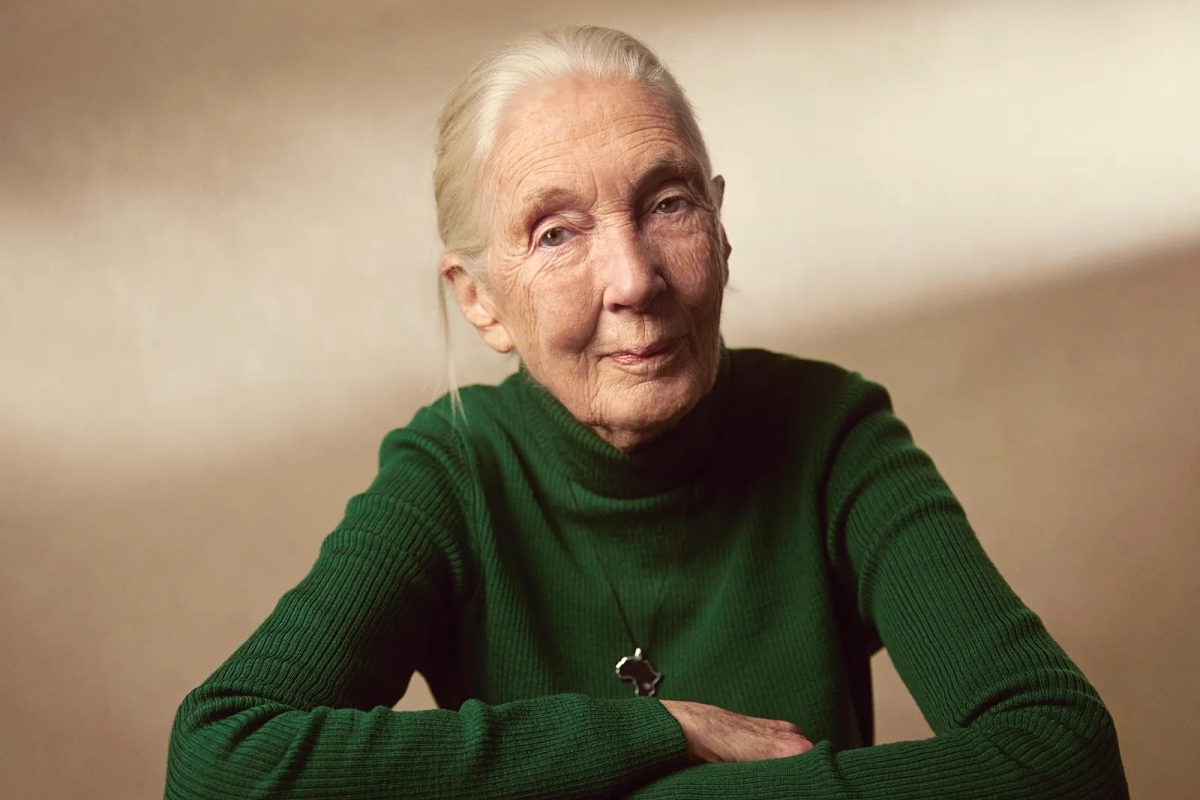
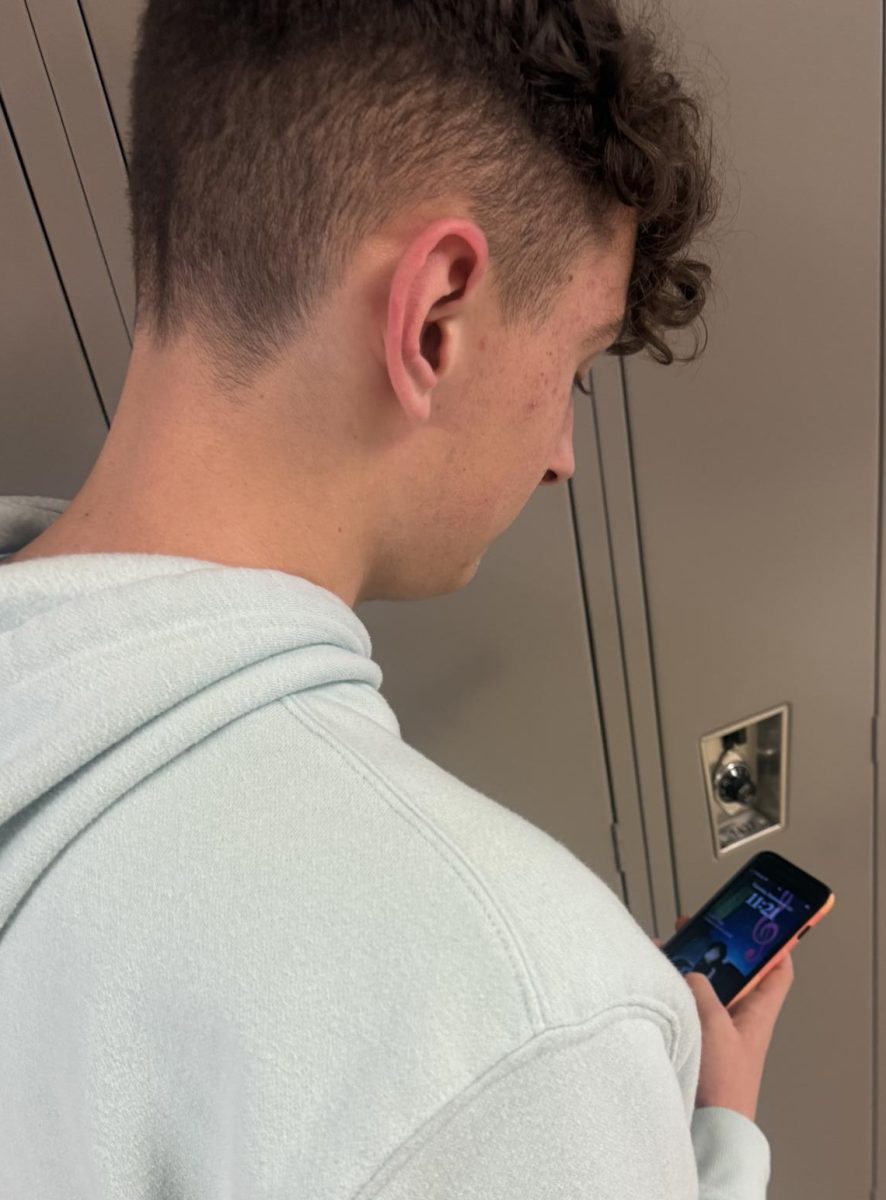



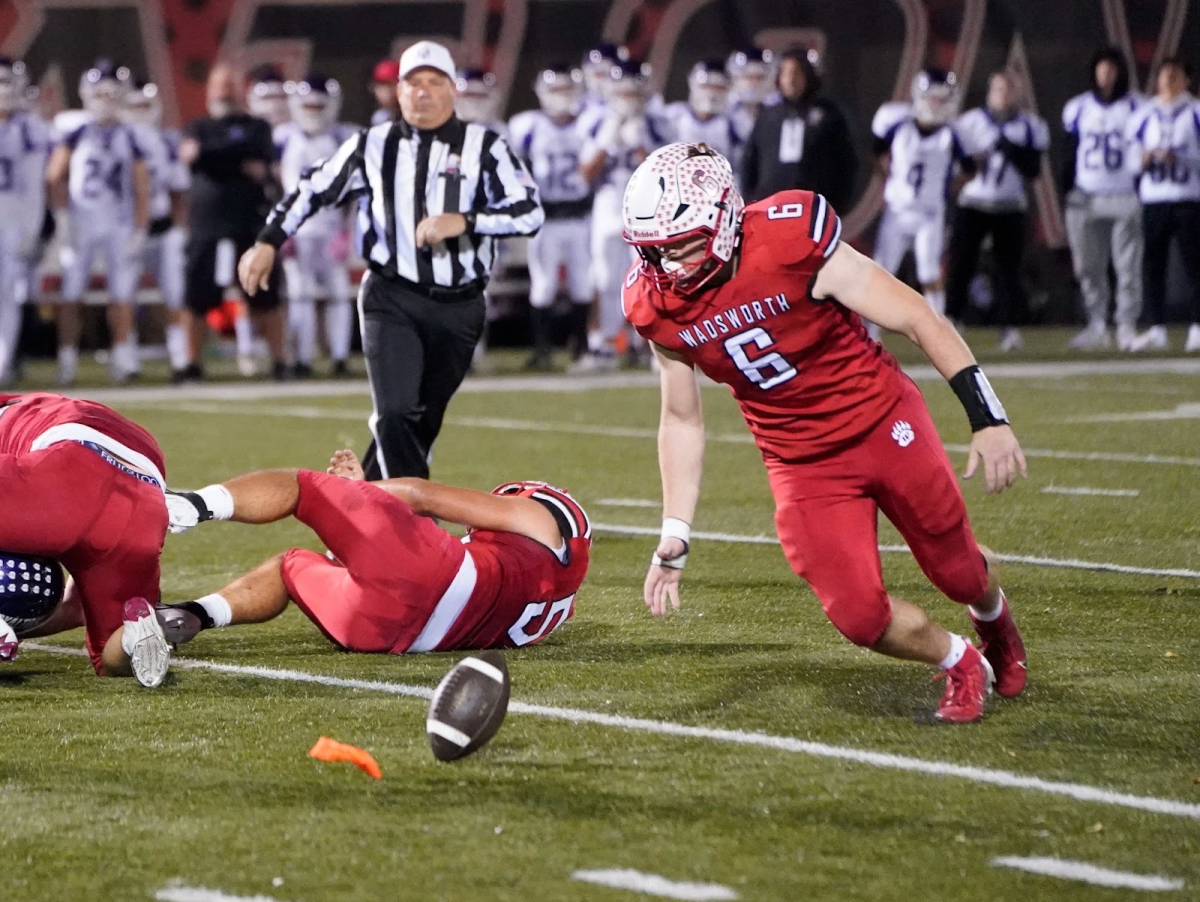
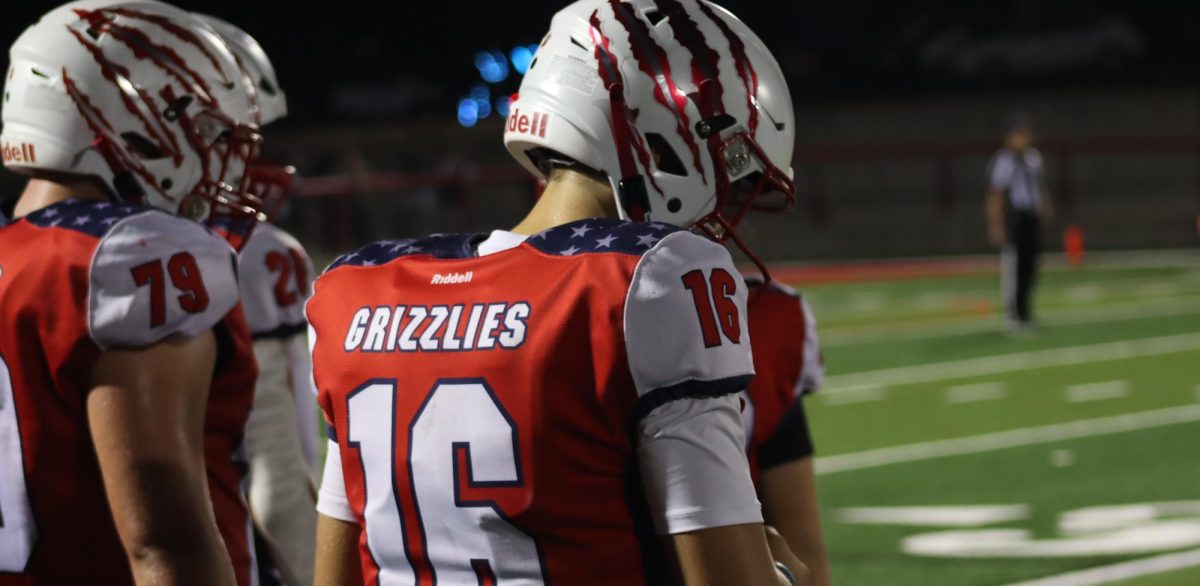
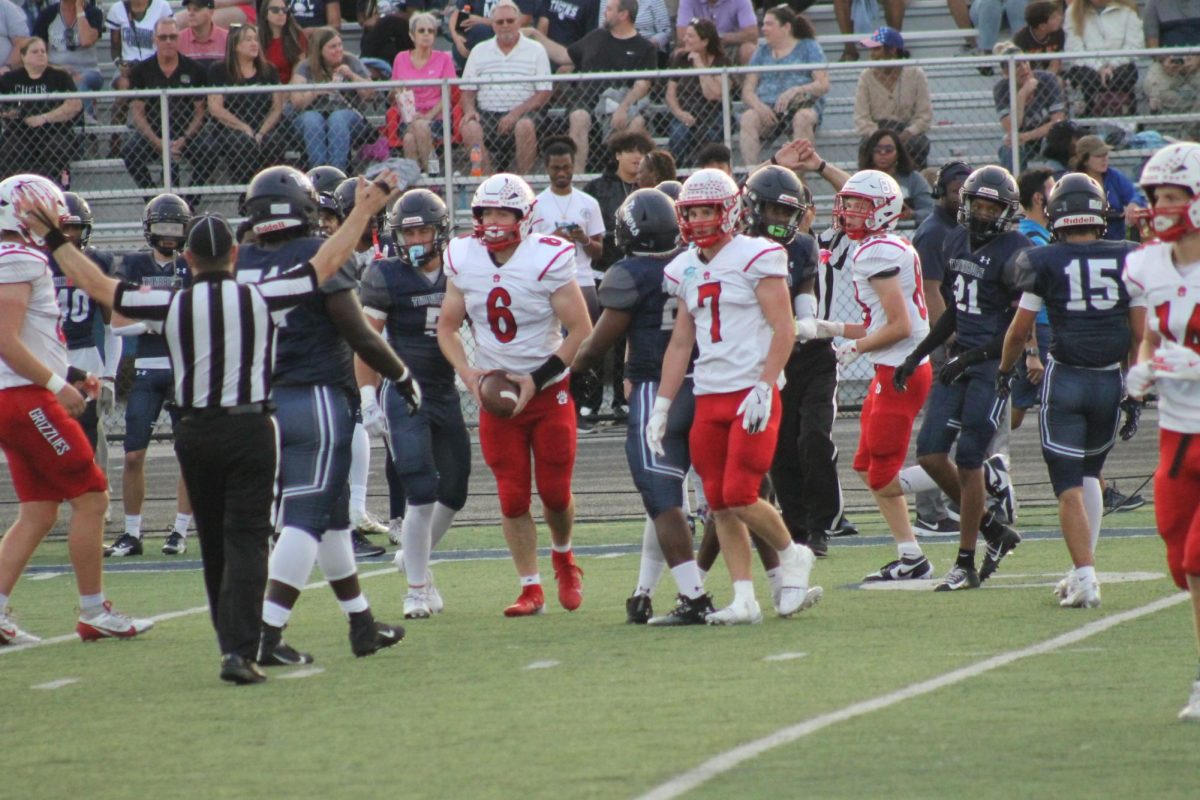




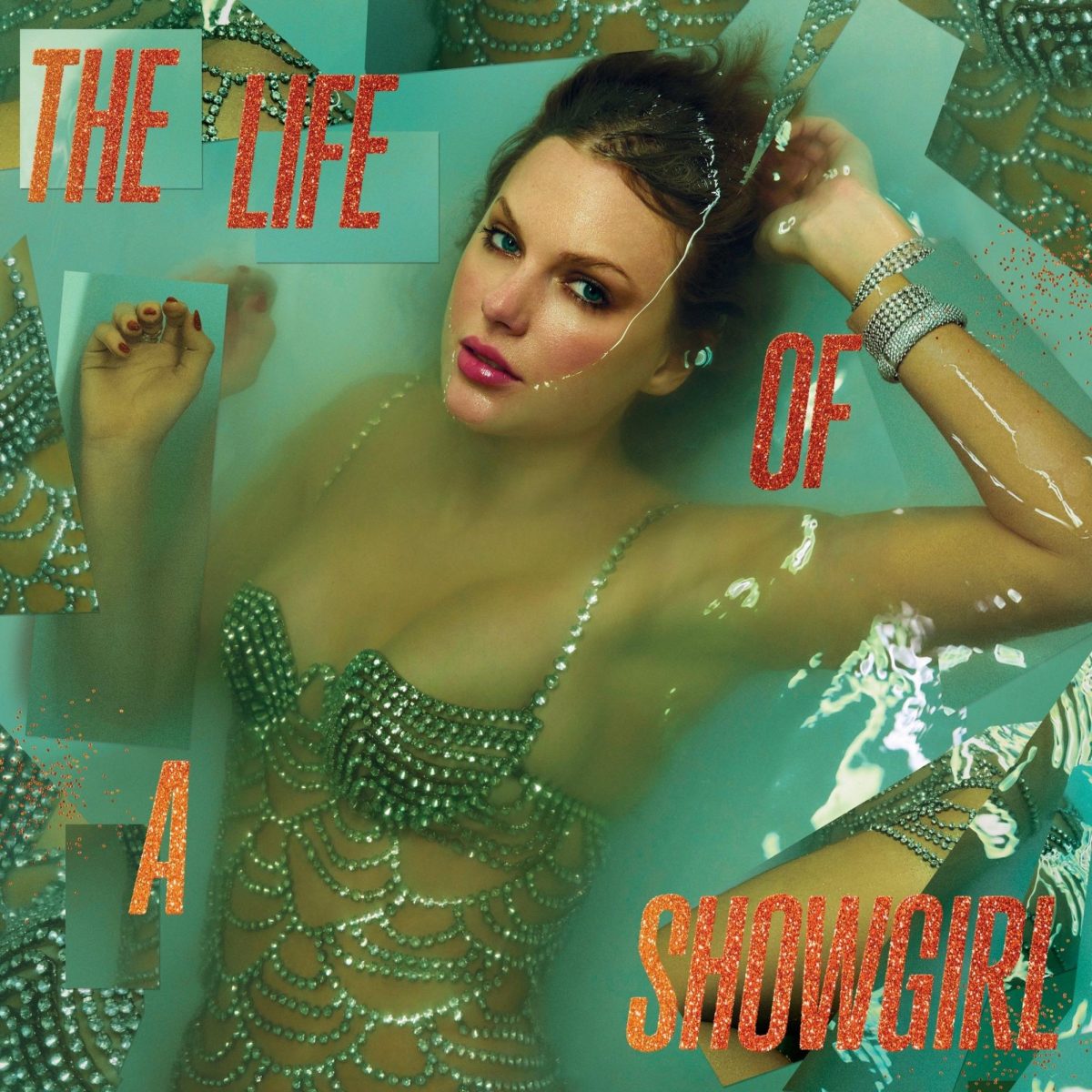

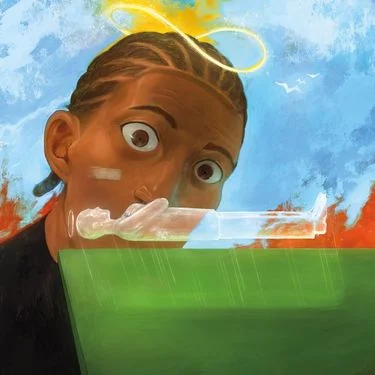
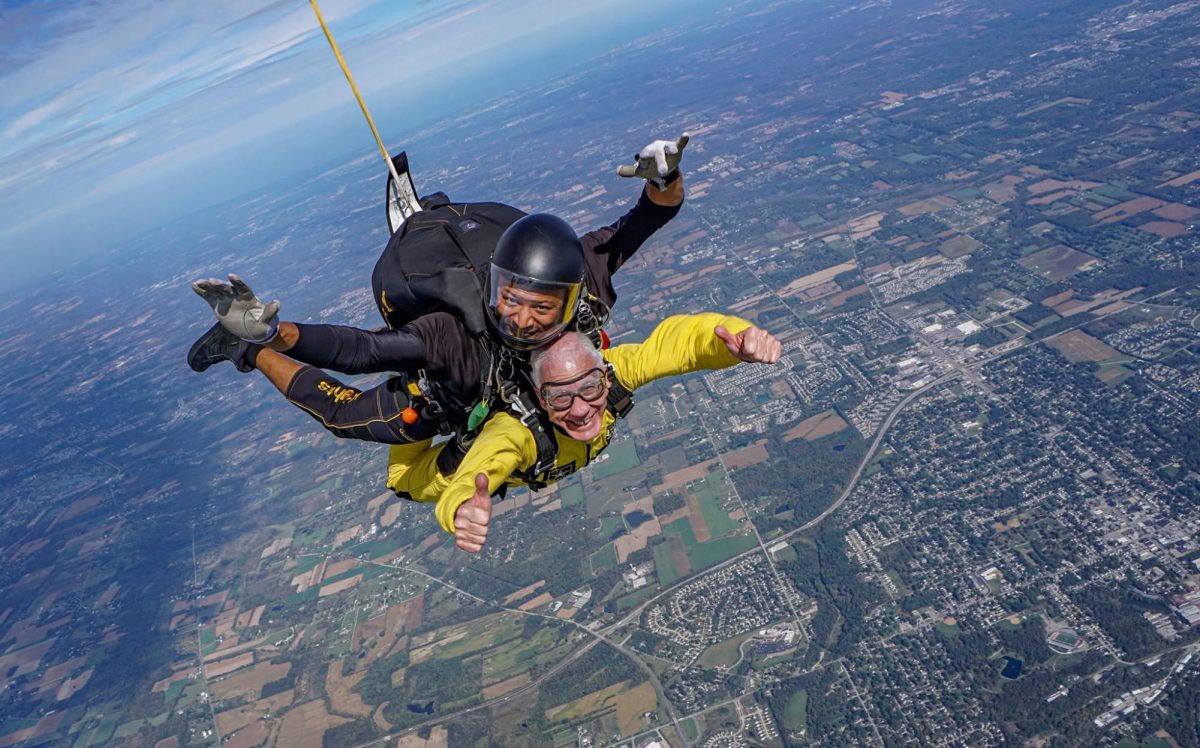
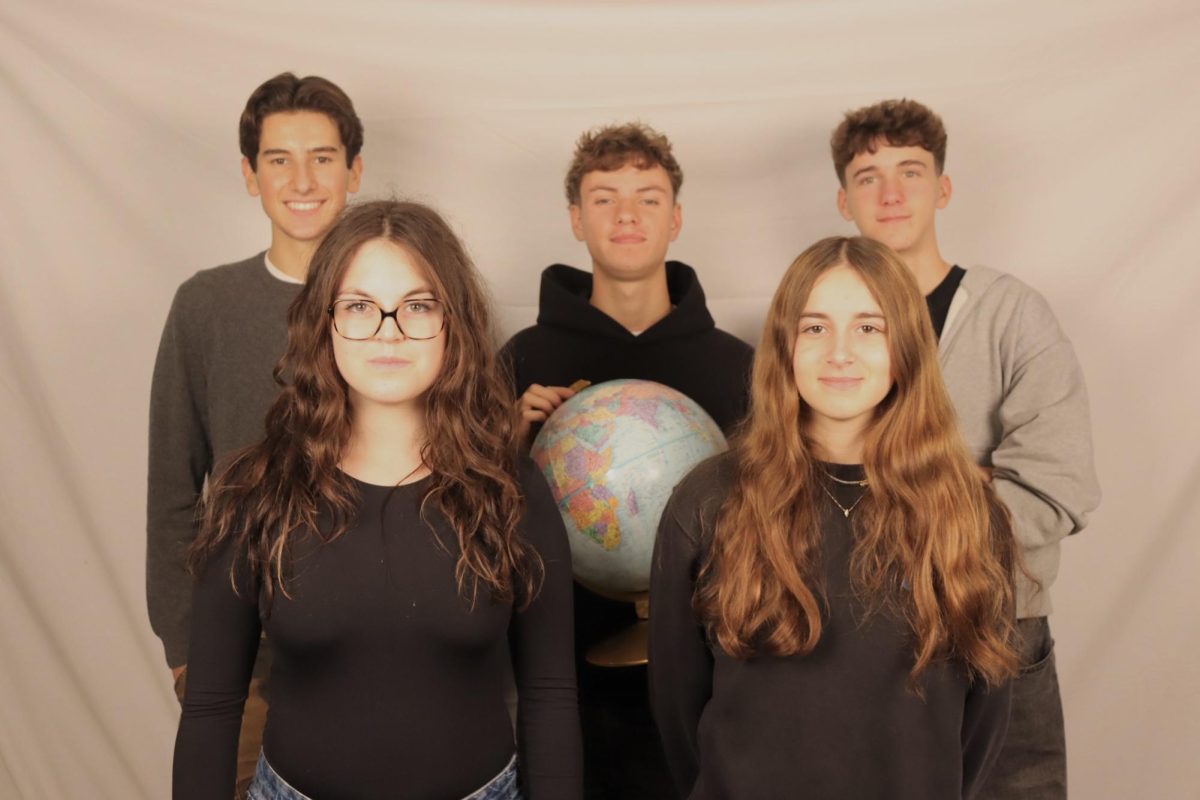
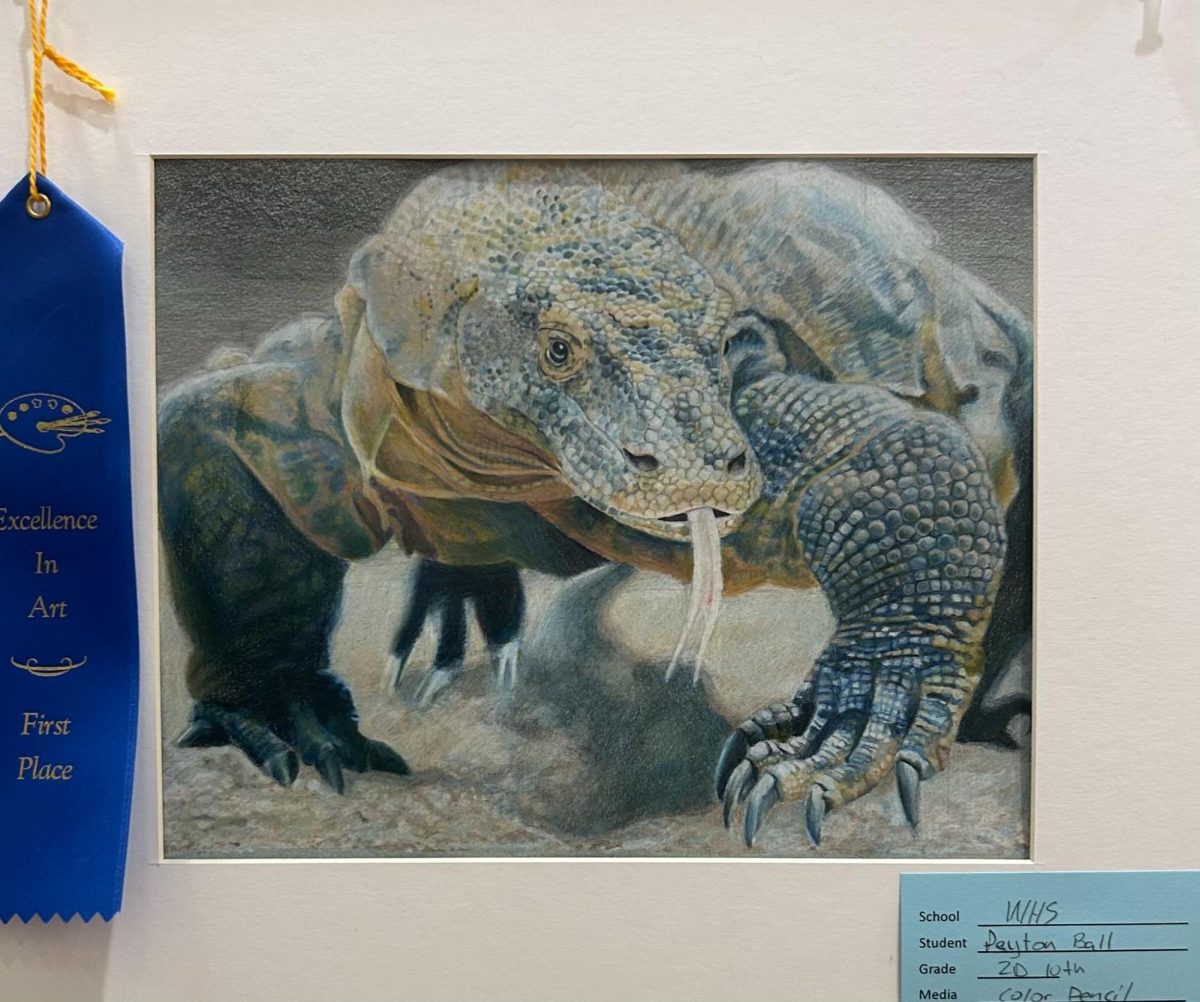
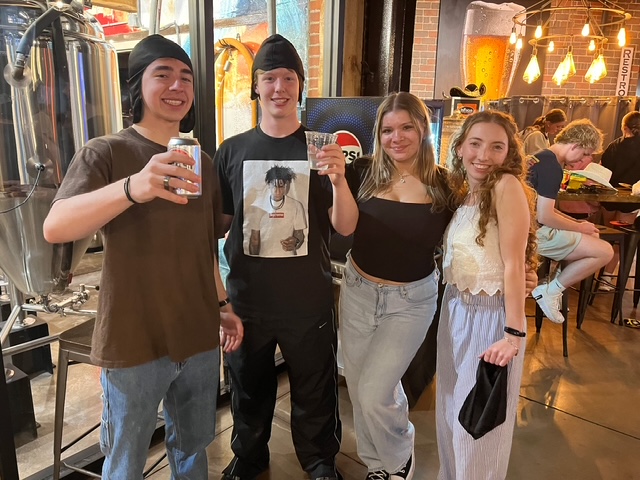
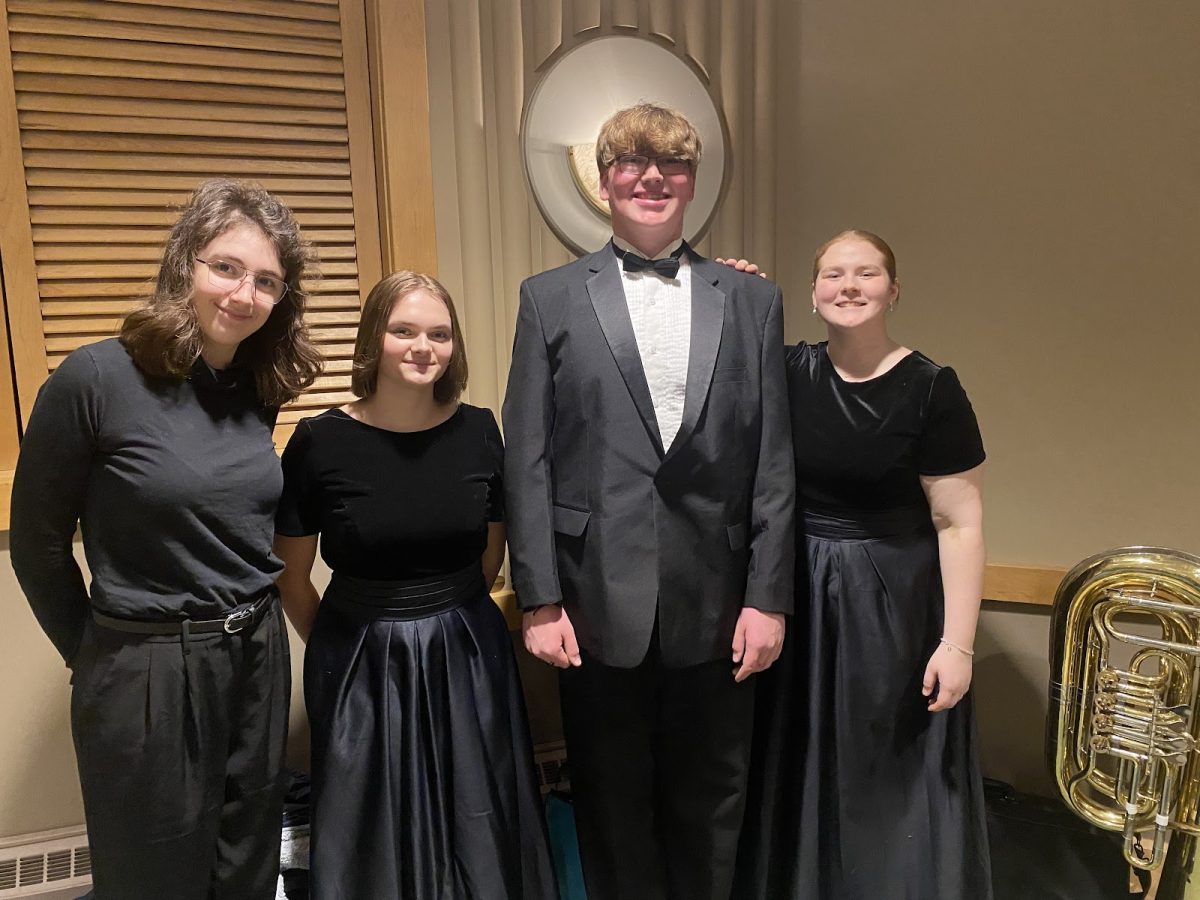
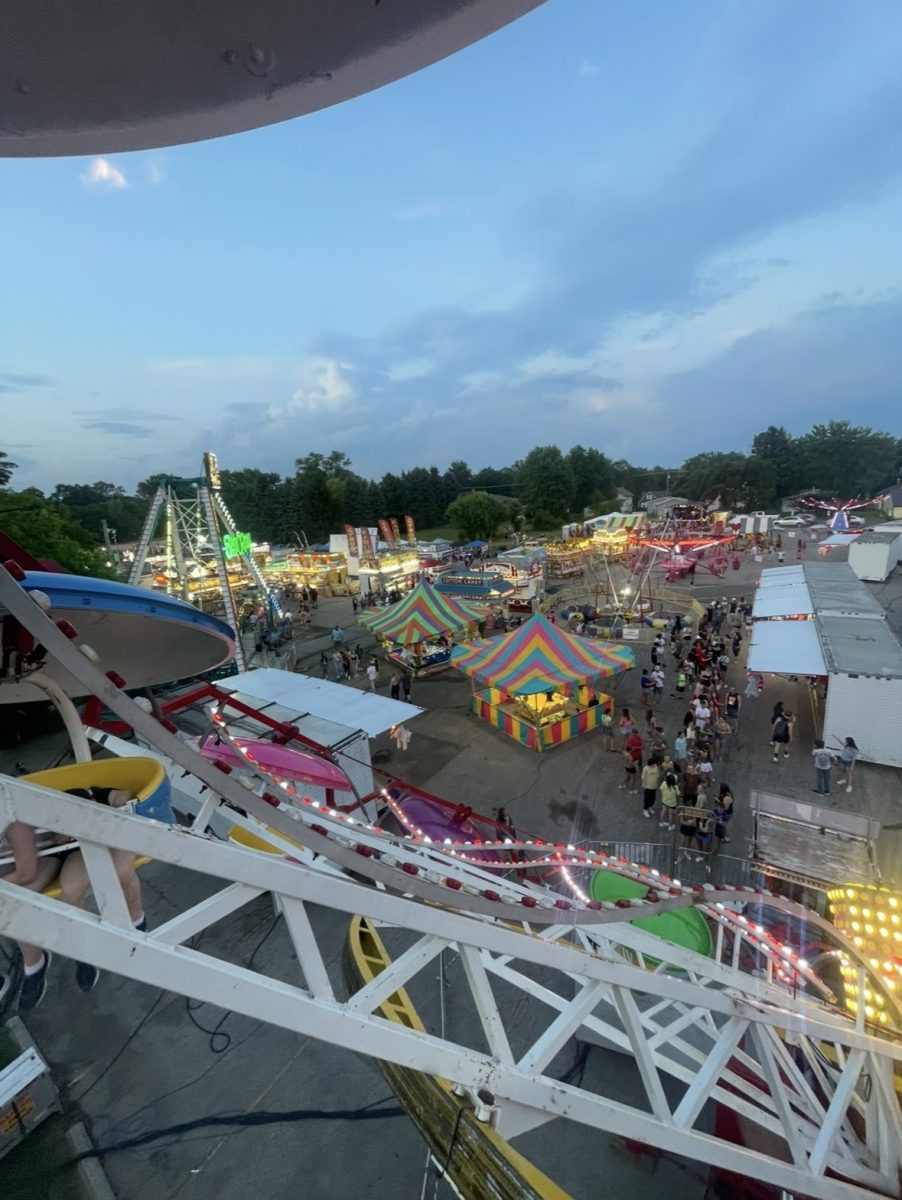


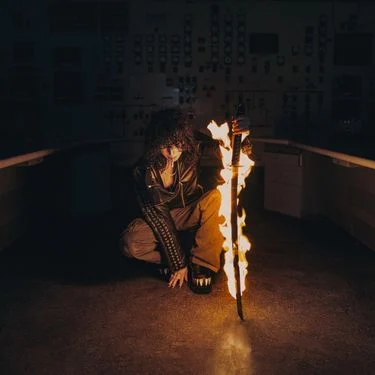







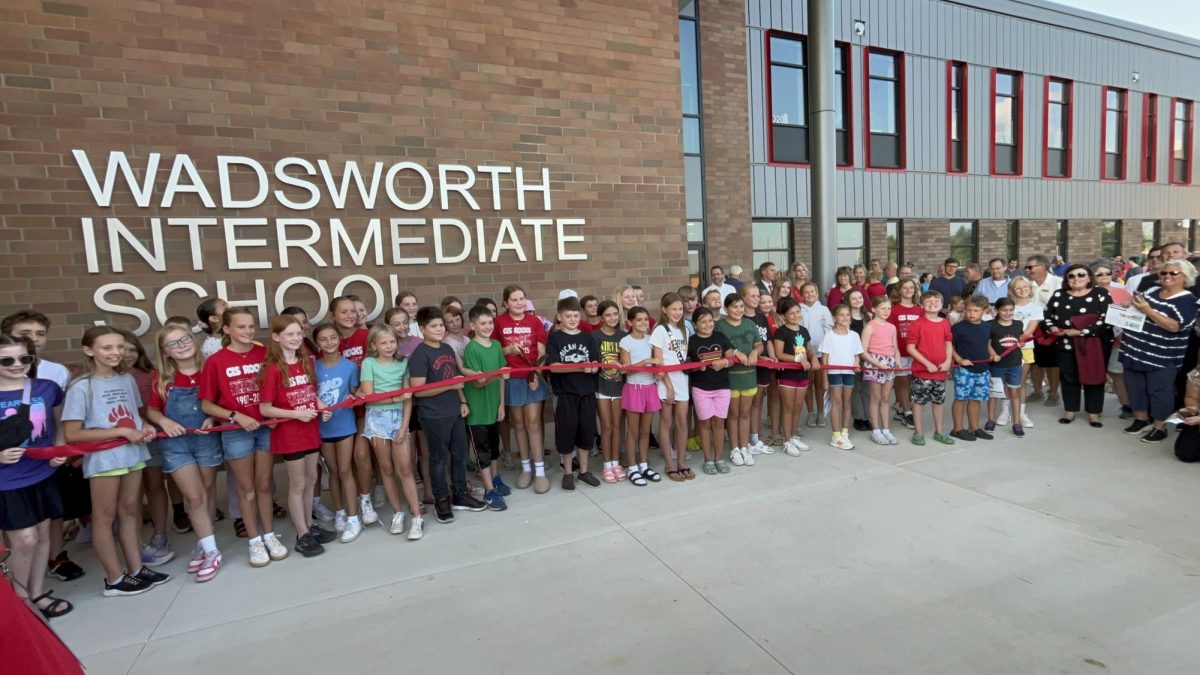
![Wadsworth's Class Of 2025 Walks At Graduation Ceremony [Photo Gallery]](https://wadsworthbruin.com/wp-content/uploads/2025/05/IMG_9018-1-1200x800.jpg)
